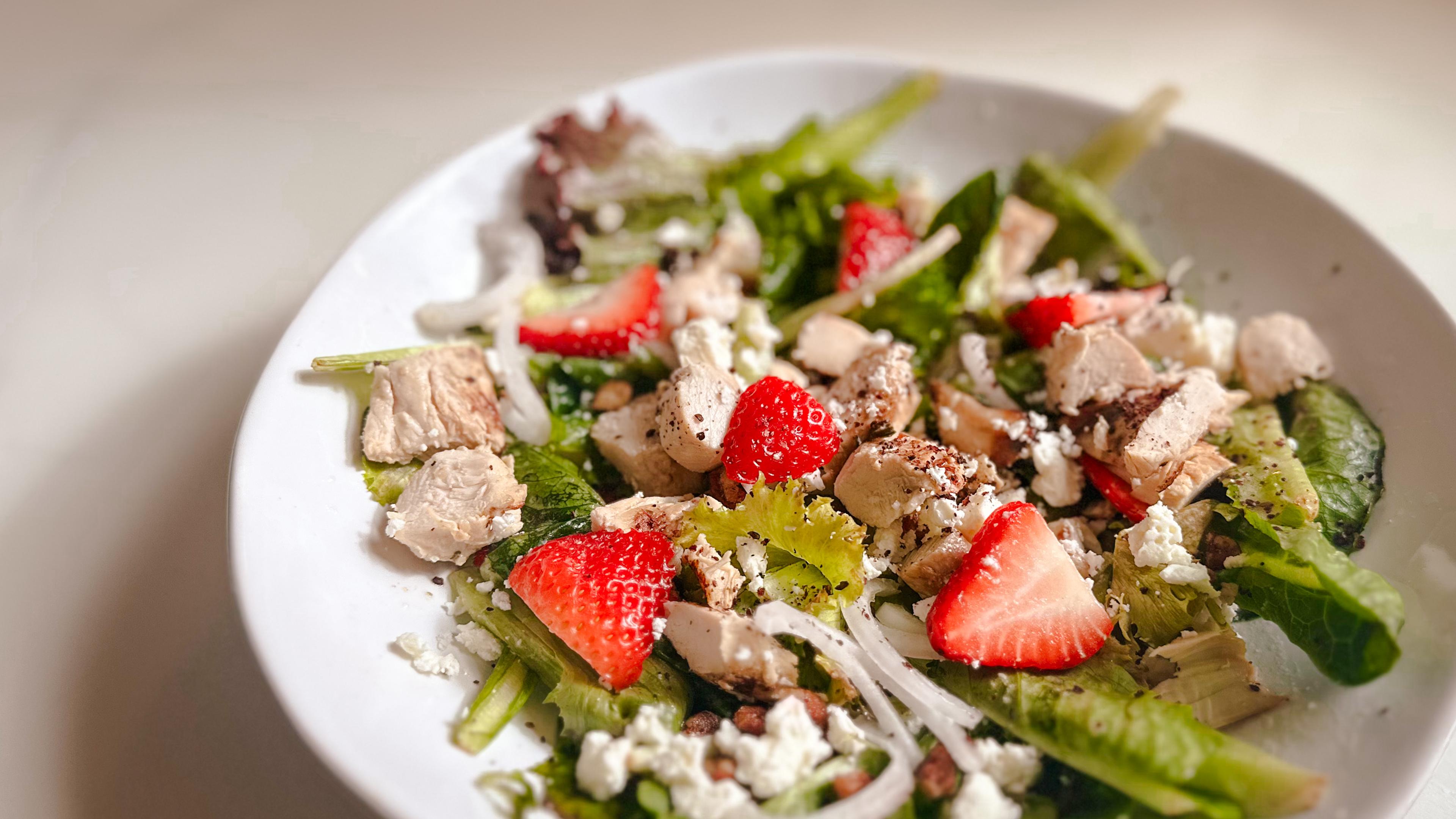Superfoods for Seniors and a Delicious Smoothie Recipe

Shanthi Appelo, MS, RD
| 3 min read

From birth to adulthood, nutrition needs continuously change to support growing bodies, brains and overall development. In mid- to late adulthood, changes such as softening bones and declining muscle mass warrant special attention to certain nutrients.
These nutrients play a role in the aging process:
Protein. After age 30, adults lose about 3% to 8% of their muscle mass each decade until age 60, when the rate of decline is even higher. Getting enough protein, about 1.2 grams per kilogram of body weight, helps maintain muscle mass. Protein alone isn’t responsible for building muscle, so it’s important to pack in various types of physical activity, such as stretching, strength training and cardio. Excellent protein sources include lean meat, fish, beans and tofu.
Calcium and vitamin D. Bones tend to soften, lose mass and become brittle over time. This can cause life-altering falls and challenge independence in older adults. Women’s calcium needs increase around age 50, or after menopause. Men older than 70 and postmenopausal women should aim to consume 1,200 mg of calcium daily along with vitamin D to help absorb the calcium. Here are some calcium-rich foods:
- Dairy products, like milk, cheese and yogurt
- Calcium-fortified plant-based milk, juice and breakfast cereals
- Tofu and edamame
- Dark leafy greens like spinach or kale
- Broccoli
- Beans
- Chia seeds and almonds
Vitamin D can be absorbed through sunlight, is found in fatty fish and is enriched in many dairy and dairy alternative products.
Fiber. The digestive system moves food through our gut via a series of muscle contractions. As we age, this process slows. Making sure you get enough fiber helps move things along. For those older than 50, this means at least 30 grams per day for men and 21 grams for women. Great sources of fiber include whole grains, beans, fruits and vegetables — especially berries and avocados.
Antioxidants. The risk for developing a chronic illness — like heart disease, type 2 diabetes and many cancers — increases with age. Consuming a diet rich in antioxidants has been shown to reduce the risk of the development of these conditions and has shown promise in preventing age-related changes. Eating fruits and vegetables, especially colorful produce such as berries, is a great source of antioxidants.
Omega–3. Omega-3 fatty acids can help protect brain health, eye health and diminish risk factors for heart disease. Omega-3 acts as a building block in the brain, plays a structural role in the retina and can help reduce triglycerides. Fatty fish, walnuts and flax seeds are great ways to pack in this key nutrient.
Fluid needs. As we age, detecting thirst becomes more difficult. Because those physical reminders may not be as strong, keeping a water bottle filled and close throughout the day is a good way to keep up the fluid intake. Drinking water promotes hydration and helps bowel function.
Vitamin B12. Some adults older than 50 may not be able to absorb enough vitamin B12, a nutrient that helps keep your body’s blood and nerve cells healthy. The National Institutes of Health recommends adults over 50 get their B12 through fortified foods and supplements. Dietary sources of vitamin B12 include lean meat, fish and fortified cereal, but it’s helpful to discuss supplementation with your health care provider.
Not sure how to incorporate these nutrients into your lifestyle?
Try this smoothie for breakfast or a snack.
The milk contains calcium, some protein and promotes hydration. The berries offer antioxidants and fiber, while protein powder provides a helpful protein boost for fullness and muscle support. Flax seeds are rich in fiber for bowel function and fullness, and provide a plant-based Omega-3 to support brain health. Finally, kale provides calcium, fiber and a slew of other healthy vitamins and minerals.
Superfoods Smoothie Recipe
Serving Amount
Ingredients
1 cup milk
1 cup frozen mixed berries
1 tbsp flax seeds
1 scoop vanilla protein powder
Handful of kale
Instructions
Step 1
Place all ingredients in a blender and blend until smooth.





